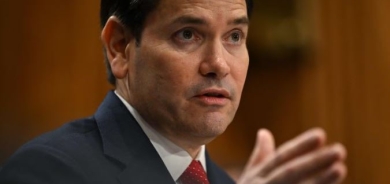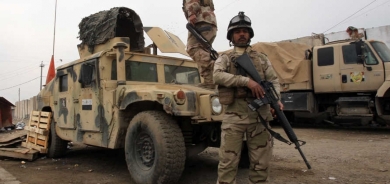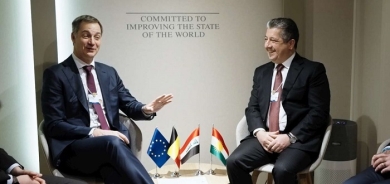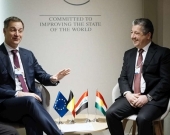AIDS Circumcision campaign lifted by new evidence

Three major trials have previously shown that, for heterosexual men, male circumcision reduces the risk of contracting HIV by as much as 60 percent -- a finding that has prompted the UN's World Health Organization (WHO) to recommend it as a voluntary prevention option, to be used along with the condom.
But some experts have warned that circumcised men, believing themselves to be shielded, are likely to become more promiscuous after the operation, and less likely to wear a condom.
The new study, coinciding with the 20th International AIDS Conference in Melbourne, took a long look at this argument yet found no evidence to support it.
University of Illinois at Chicago researchers questioned more than 3,000 men aged 18-35 in Kenya's Nyanza province who had just been briefed about the option of circumcision and advised on safe sex and testing for HIV.
At the start of the study, half of those enrolled decided to be circumcised, while the others chose to remain uncircumcised. They were asked about their sex life, with follow up questions every six months over the following two years.
During this period, sexual activity increased in both groups, especially among those aged 18-24, the investigators found.
But risky sex -- such as having multiple partners or having intercourse in exchange for providing money or gifts -- declined, while use of condoms rose.
Just as revealing was self-perception.
Men who were circumcised often believed they had lessened their risk of acquiring HIV. Thirty percent considered themselves high-risk before circumcision, while just 14 percent considered themselves so after.
Among those who decided not to be circumcised, 24 percent considered themselves high-risk at the study's start, and 21 percent still did at the end.
But the different perceptions did not translate into different behaviour, sex-wise.
"Countries that have been holding back on implementing medical circumcision programs due to a lack of evidence regarding risk compensation should have no concerns about scaling-up programs," said lead scientist Nelli Westercamp in a press release issued by the university.
The research appears online in a specialist journal, AIDS and Behavior.
- Food voucher incentive -
Separately, a presentation at the Melbourne conference said that offering men compensation in the form of food vouchers worth around $9 or $15 (6.5 or 11 euros) was a useful incentive for the circumcision campaign.
The WHO and UNAIDS recommend voluntary circumcision in 14 countries in eastern and southern Africa where HIV is highly prevalent.
But most countries remain far short of reaching their targeted numbers -- and investigators have found that many men are deterred by the loss of wages from time off work to have the operation, and the cost of travelling to and from the clinic to have it carried out.
Harsha Thirumurthy of the University of North Carolina at Chapel Hill led a team who studied 1,504 uncircumcised men in Nyanza aged 25-49 who were randomly assigned to groups where they were offered food vouchers of varying amounts to offset the cost of the operation or offered no compensation at all.
Nine percent who were offered the equivalent of $15 decided to get circumcised within the next two months, while 6.6 percent did so if offered $8.75.
Among those offered $2.50, the takeup was only 1.9 percent.
In the "control" group, where no compensation was offered, just 1.6 per cent got circumcised within the following two months.
The increase was "modest" overall but much higher among married and older men, a group that had been harder to persuade, according to the scientists.
"The interventions also significantly increased the likelihood of circumcision uptake among participants at higher risk of acquiring HIV. This latter result is especially promising from an HIV prevention standpoint," according to the study, published in the Journal of the American Medical Association (JAMA).
AFP














